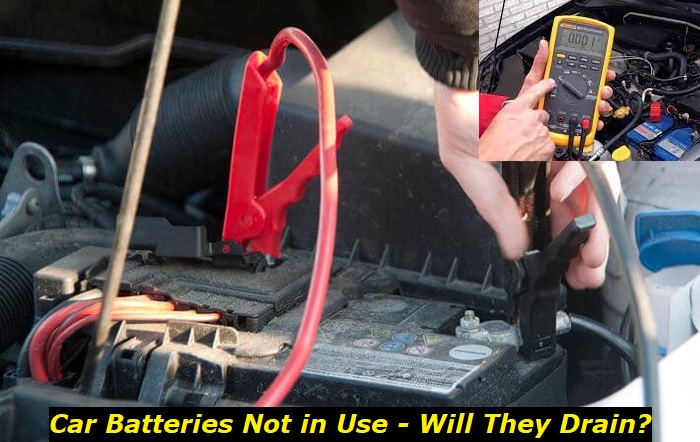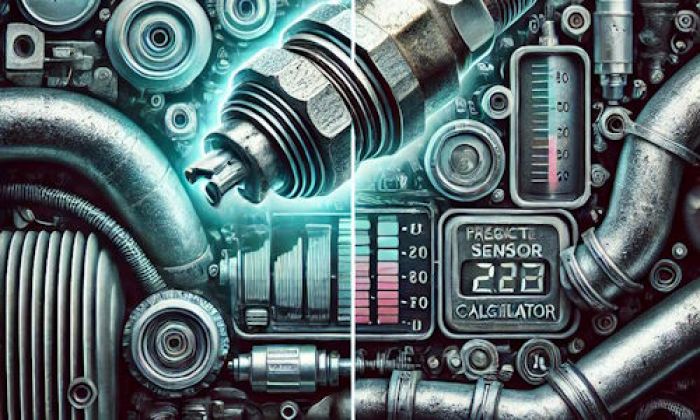If you want to leave your car for some time, you may want to disconnect the battery. This is a clever thought unless your vehicle is going to be located in an unsafe place. Remember that if you disconnect the battery, the vehicle security system, anti-theft system, immobilizer, and other important protection units won't be functioning. Anyone can open the door and steal the car or something from the car.
Battery drains highlights
- Level of importance:high
- Methods to locate:disconnect everything that can cause drains
- Consequences:dead battery
- Prevention:driving style adjustment, no extra equipment
- DIY fixes:possible but complicated
- Price to fix:$100 - $600

Why disconnecting the battery is anyway a good idea?
You should disconnect the battery if your vehicle is parked in a safe place and you aren't going to use it for more than two weeks. This will prevent your battery from being drained by different vehicle systems. But if the period of storing will be more than half a year, the battery will still lose charge.
Now, it depends on a lot of factors, so you can't say for sure that the battery will still be alive. Also, some types of batteries are more resistant to any damage when they are discharged, so for them, it's OK. While some other types of batteries will obviously not like this idea.
Disconnecting a battery will obviously prolong its life because it won't be drained as much. Also, you are secured from any other types of car damage because of some faults like a false alarm or short circuit, or a forgotten radio.
What types of batteries will die faster when connected or disconnected?
The traditional car battery with liquid electrolytes will drain faster in any situation. This type of battery is rechargeable but it will be dead after full discharge. Also, it will not take many recharging circles. It means that this type of battery should be disconnected when possible because when it's drained completely, it's dead.
Gel and AGM batteries are better in terms of discharging. You may leave them connected. Even if they discharge to 0%, you can still restore them using the correct charger. But if the car will stand still for more than half a year, these batteries may die, too. It's really bad, so better just disconnect them or use another option that we offer later in this article.
If you have an electric or hybrid vehicle, disconnecting the battery is not an option. You will not find the technical possibility to do that. Also, electric vehicles have special controllers that smartly use the battery charge and don't kill the battery by discharging it to 0%. But you should know that after standing for some months, your EV will also lose some battery charge.
What can you do to avoid disconnecting the battery?
If you don't want to disconnect the battery in your vehicle before you leave it for a long time, you basically have two options:
- Just leave it connected.
In this case, you are risking the battery, but all security functions of your vehicle are active. It means the vehicle is protected from penetration and can be blocked when someone tries to steal it.
- Use a charger to maintain the battery
All good battery chargers have a special option. You connect them to the battery and then turn on the special mode of maintenance. Once the charger registers low voltage, it turns on and charges the battery for some time. Then, it stops charging and continues measuring the voltage. This can prolong the lifespan of any battery for years without any significant damage to it.
What else should you know about the battery?
Unfortunately, the lifespan of any modern 12V car battery is about 5-7 years depending on the conditions of use. So if you leave it for too long, the battery will obviously be dead. It doesn't matter if you leave it connected or disconnected, after about 2 years, the battery will come to the end of its life without proper use and charging. But a connected battery will die even sooner after the vehicle takes all its juice.
About the authors
The CarAraC research team is composed of seasoned auto mechanics and automotive industry professionals, including individuals with advanced degrees and certifications in their field. Our team members boast prestigious credentials, reflecting their extensive knowledge and skills. These qualifications include: IMI: Institute of the Motor Industry, ASE-Certified Master Automobile Technicians; Coventry University, Graduate of MA in Automotive Journalism; Politecnico di Torino, Italy, MS Automotive Engineering; Ss. Cyril and Methodius University in Skopje, Mechanical University in Skopje; TOC Automotive College; DHA Suffa University, Department of Mechanical Engineering






Add comment